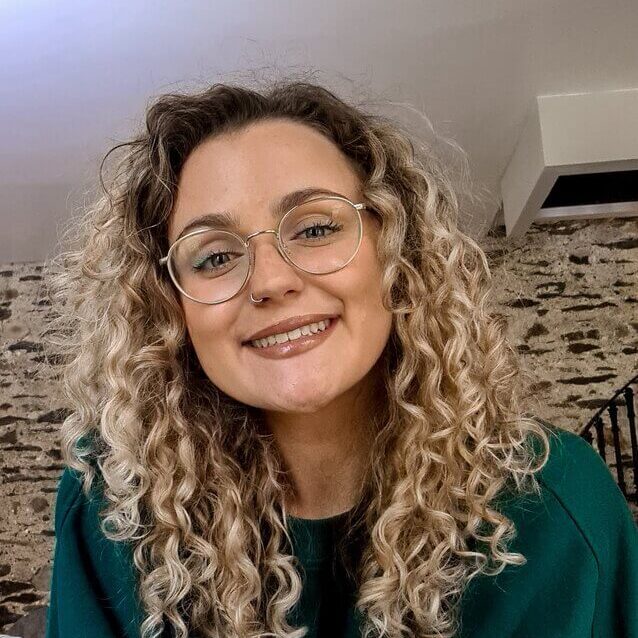On my first day as a PhD student, I grabbed my favourite coffee from Starbucks,
sat down in my office, grabbed my new notepad and pen, and wrote…
To-do: Write a thesis.
Now, for someone that thrives off colour coding, planning, and ticking off to-do lists, the realisation that I could not cross this task off my list for the next 4 years was more than daunting. Slightly worried, I decided to read and re-read every single handbook, document and book that had been given to me for my PhD induction, hoping for some insight into what I needed to actually do. After a week of reading, I was even more confused than when I started. What do you mean I need to ‘upgrade’ from an MPhil to a PhD? I need to consider ethics, recruitment, training and annual reviews? And what was this terrifying viva?
Throughout the application process, I was so focused on being accepted to the programme, I had not stopped to think what I needed to do once I started! During my undergraduate degree, I relied on lecture timetables, coursework deadlines, and assessment criterion. I thrived on having this structure to my learning. However, I was now an independent PhD researcher who was expected to complete this huge piece of work and provide a unique contribution to psychological research… I was just a 23-year-old that had only received her BSc in Psychology less than 6 months ago. Feelings of Imposter Syndrome told me that I was most certainly in the wrong place and that I needed to go home before I made even more of a fool of myself. I am now four months into my PhD, and these are some of the tips I would give to other new PhD students.
Tip #1: Talk to your supervisors, advisors, Postdocs, and other PhD students
I am very fortunate to have two very approachable and friendly supervisors, both of which I had known before starting my PhD. They were extremely helpful during those first couple of weeks, answering my constant flow of questions, and signposting me to suggested training, reading, and seminars. Most of these were optional, but I did them ALL. This meant that I jumped in at the very deep end, but these activities gave me a purpose and helped me to start writing my all-important to-do list.
These various activities not only taught me about the PhD journey, but they have also connected me with other PhD students and Postdocs from my department. They have helped me answer all sorts of questions I had about doing a PhD, and it was very comforting to know that everyone has those moments of self-doubt, and that it does not last forever. Yes, you are an independent researcher, but that does not mean that you need to sit in an office and hope to find all the answers on your own. Throw yourself into the PhD community and ask the questions (even if the question is “Where do I start?”).
Tip #2: Get into a routine.
One thing that I have loved about being a PhD student is the ‘flexibility’ (I say this with caution as I am aware that every project is unique). Every morning I will sit with my coffee and think “What shall I do today?” From this, I will write a to-do list, outline my priorities that day, and allocate how much time I want to spend on them. I will also attempt to allocate some time to reading and note taking (as everyone has told me to start writing early). These little rituals stay the same most days which has created a semi-structured routine that keeps me productive. I have also kept my weekends (mostly) free, which allows me to take the important self-care days to avoid complete burnout.
I think taking time to reflect on how best you work is crucial at the beginning of the PhD. What times of day are you most productive? Do you like working 9-5 or during other times? Are you happy to work at the weekends? Working at the office or from your sofa? I found that asking myself these questions allowed me to organise my workload and set a routine that worked for me. The great thing I’ve experienced about doing a PhD is that providing you get your work done, you can tailor it to what gets you motivated and excited about your research!
Tip #3: Celebrate the little things.
Some of the best advice I have received so far was from one of the postdocs in my lab. She told me that throughout a PhD, it is important to celebrate the little things. I didn’t understand this at first, however I now know how important this piece of advice is. Towards the end of last term, I had a week where I felt unproductive and overwhelmed and started to criticise myself for not completing everything I wanted to get done. To combat this, a colleague suggested making a ‘done list’, where you document your small wins of the day, even if this is “I cleared out my emails” or “I reorganised my workspace”. Completing this task for a couple of days boosted my motivation and productivity for the following week. Try not to stress about ticking everything off your list. If a couple of tasks cannot be completed, it can always be finished tomorrow instead.
Tip #4: Being a PhD student is not just about writing a thesis.
Yes, everyone needs to write a thesis to get a PhD, but from what I have experienced so far, I think the journey towards submitting your thesis has got to be the best part. Completely immersing yourself in a research area that you feel passionate about, and planning new, exciting projects has felt amazing. I have loved talking to like-minded people about my research, attending conferences, networking with other researchers, teaching undergraduate students, or even chatting at the pub with colleagues about non-academic topics.
My final thoughts for new PhD students:
1) You are not expected to know everything, so don’t be afraid to ask questions! More than likely, someone will be able to help you (or point you in the right direction).
2) Reflect on what routine works for you. It is much easier to manage your workload if you have the basics sorted out.
3) Try not to ruminate over what you haven’t completed, instead focus on what you have achieved. This helps build the motivation to complete the tasks you have outstanding.
4) Remember that a PhD is a journey that is so much more than writing a thesis.
I am sure the next few years will be a rollercoaster of new experiences, celebrations and rejections, but I am here for the ride and looking forward to what is next.




